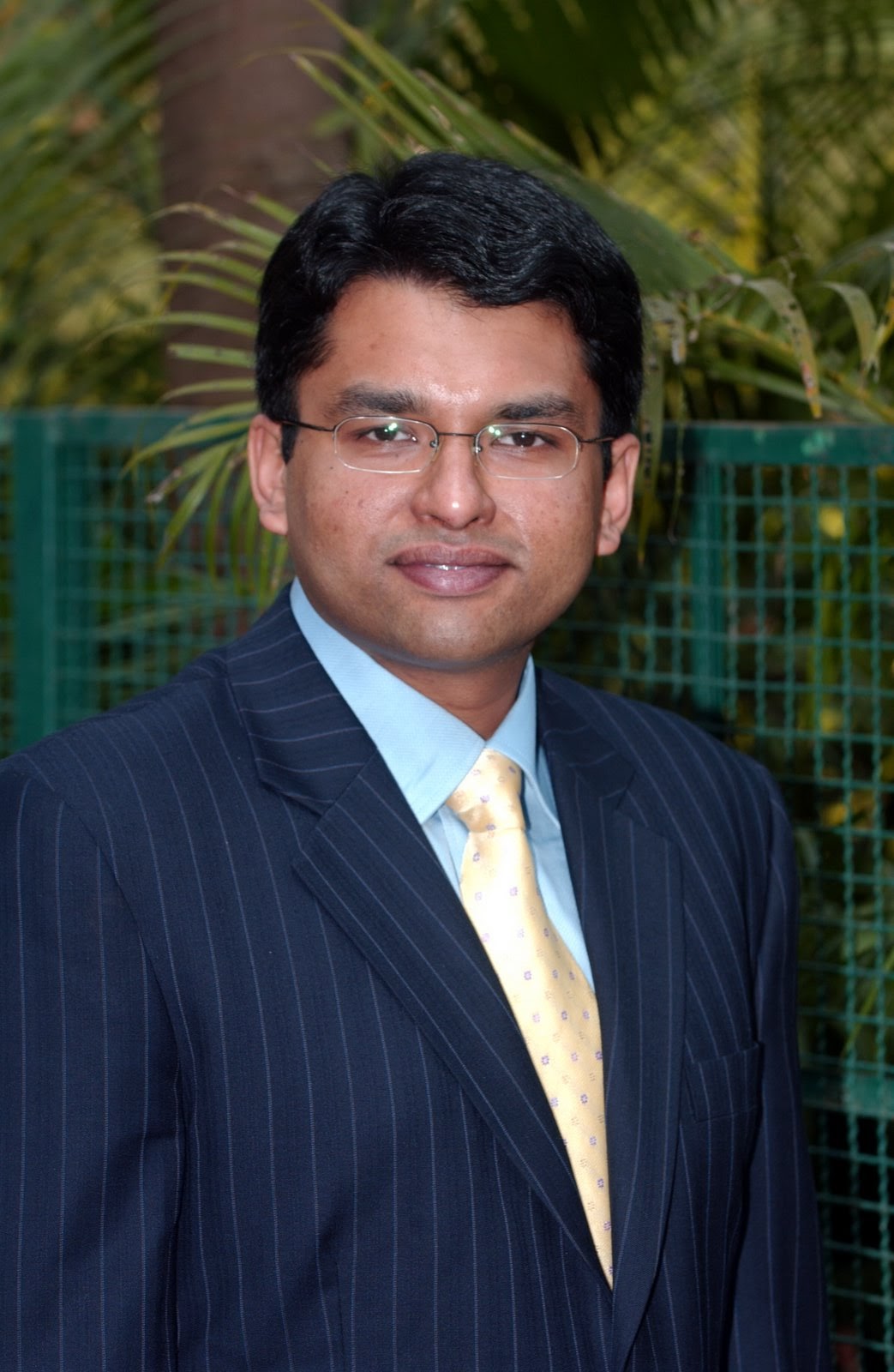Sidin Vadukut’s life in Abu Dhabi began with a bang, or to be precise, a crash. The London resident’s earliest memory is of a birthday party where someone dropped a plate. And any party which involves children on a sugar rush and a broken plate is unlikely to end well. “I stepped on the plate and cut my foot,” says Sidin, when we chat. “I must have been about three years old. I still have that scar.”
Born in 1979 in India, Sidin was about six months old when his parents first brought him to Abu Dhabi where they had set up home in a cosy corner of the emirate for their expanding family. “I remember running around in our flat in Al Bateen. This was the early 80s, so it had a flat landscape with no big buildings.” They later shifted to the Old Airport Road.
Early memories are expected to be fragmentary, but Sidin narrates decades-old incidents with an ease that’s fuelled in part by nostalgia and in part by his prodigious memory. He remembers his first day at St Joseph’s School, where he excelled and made friends for life. “Most of us are still in touch,” he says. Later, he attended Abu Dhabi Indian School.
There are other memories too – the kind that stick in one’s mind for some inexplicable reason. Like his residence phone number, how content he felt while roaming around Abu Dhabi Cooperative Society, the excitement of travelling from the old airport, his teeth sinking into the juicy shawarma at Lebanese Flower Bakery, tuning into Capital Radio and watching Blockbusters on TV (incidentally, Sidin won third place when the popular quiz show came to Dubai).
The UAE raised him to be cosmopolitan. “I feel at home anywhere in the world. I didn’t even know there were different religions until I was about six because my school was very diverse – I had Ethiopian and Eritrean kids in my class – and I grew up with friends from Pakistan and Afghanistan. We were very open-minded,” adds Sidin, who will visit the country this month after 16 years as he’s been missing it too much.
It takes a village to raise a child, and in the UAE of the 80s and early 90s, it was the neighbourhood shops that stepped up to the task. “Mohammed Hanifa grocery was my happy place,” says the former engineer-management consultant. “When my mother went into labour, my dad had to rush to Corniche Hospital. So when the school bus dropped me off, the shopkeeper told me that I have to wait with him. So I sat there and helped him to run the shop until my dad returned.” Years later, when he was 11, a nearby restaurant provided some comfort on a tragic day. “We were about to leave for the airport for our vacation when my mom had a heart attack. My dad took her to the hospital so I waited inside Abdul Aziz Restaurant the whole day – the staff used to treat me like a son – until they returned with the news that my mom had passed away. I know it’s traumatic but for me, these are such strong memories of home.”
Sidin is now an entrepreneur and leads growth initiatives for Enmasse World. Before that, he had a flourishing career as a journalist, author and blogger. “My interest in reading, general knowledge and the world at large came from Gulf newspapers, Channel 33, Abu Dhabi TV and Saudi TV Channel 2. They had wonderful documentary and children’s programmes… There was also the All Prints bookstore and sometimes when we went to Dubai, I used to lose my mind at Magrudy’s.”
“There is a certain sense of camaraderie among migrants in the UAE which you don’t find anywhere else,” he continues. “There is this sense of how we are all making our lives here and it’s all very hard, but we are all in this together and we should set aside our petty differences to stick up for each other. And I miss that.”


